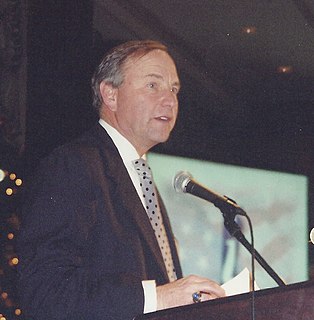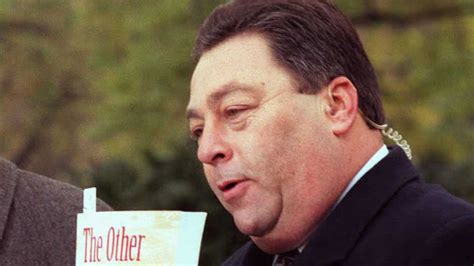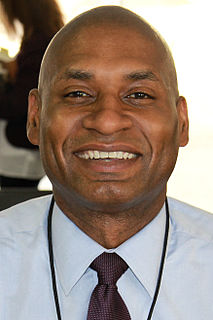A Quote by Kayleigh McEnany
The very welfare state the Occupy Wall Street protesters so eagerly applaud is what has saddled Greece with colossal debt and left its economy on the brink of collapse, igniting violent protests across the nation.
Related Quotes
The impact of QE on generating more lending by Wall Street to Main Street and in generating more employment and increasing overall investment in the economy is quite modest. QE probably limited the initial collapse of the economy in 2008, and likely had a very small positive impact on economic growth, but its broader impact on jobs and growth in the economy seems not very big.
The Occupy Wall Street collective is confused about what it wants but it wants it now! Some of the loonier demands from its independent thinkers: Striking all existing public and private debt from the books across the "entire planet"; elimination of all international borders; free college education; a guaranteed "living wage" for all regardless of employment; an end to free trade; trillions in additional spending for infrastructure and ecological restoration; and ending the fossil fuel economy.


































